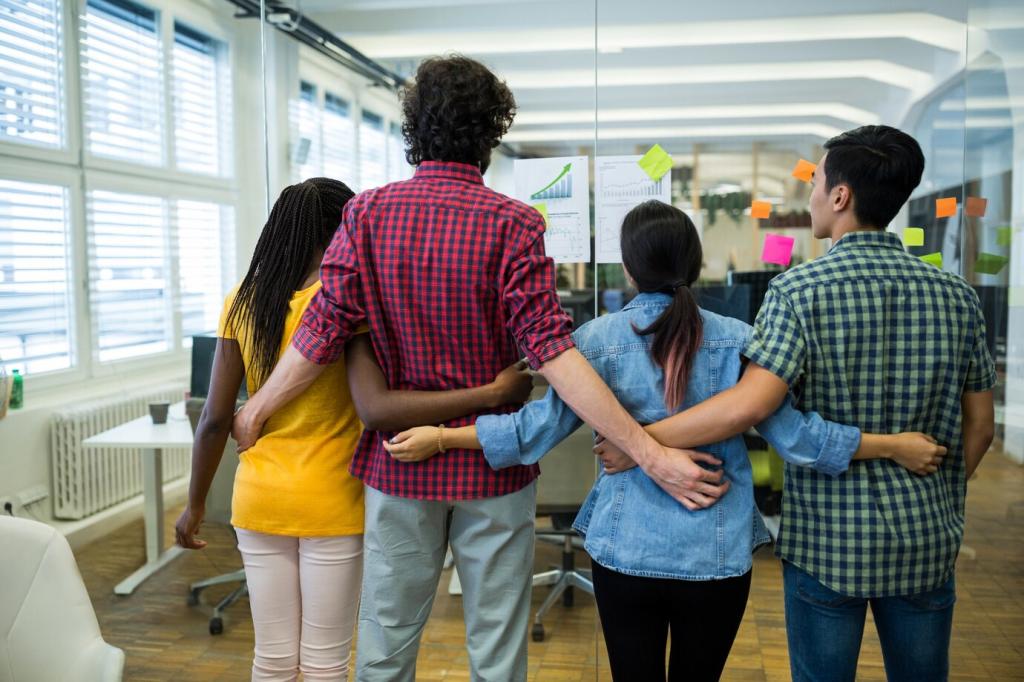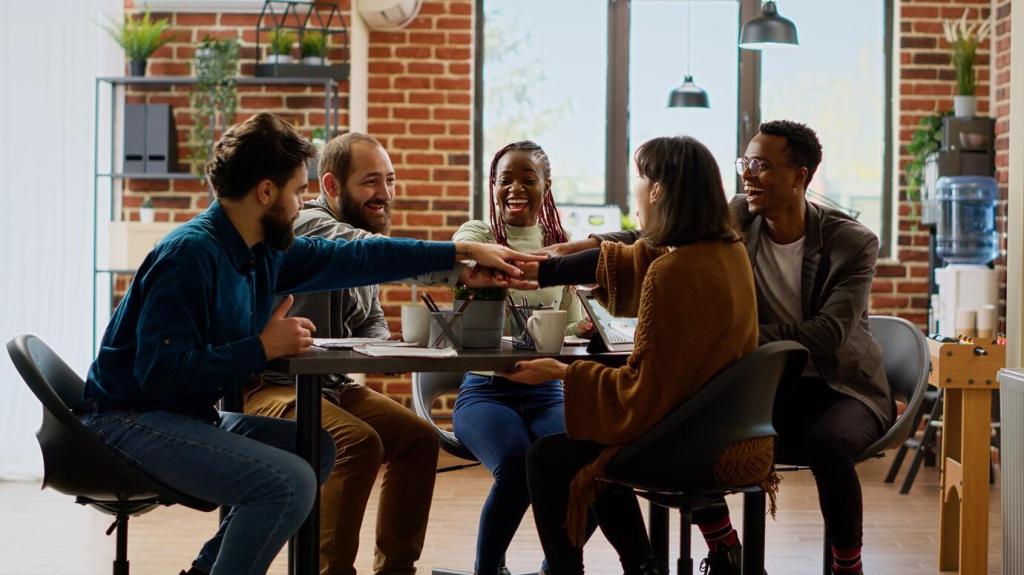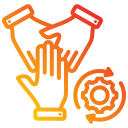This Edition’s Theme: Diverse Group Problem-Solving Challenges
Welcome! Today we celebrate how diverse minds tackle tough problems together. We’ll explore frameworks, tools, and real stories that turn differences into breakthroughs. Dive in, share your experiences, and subscribe for future insights on collaborative problem-solving that actually works.

Why Diversity Supercharges Problem-Solving
Cognitive variety beats averages
Research and lived experience show that groups with varied backgrounds, training, and life stories generate more original options and spot hidden risks earlier. The magic isn’t automatic, though. It emerges when teams deliberately invite contrasting viewpoints and treat disagreement as data, not disrespect.
From friction to function
Diverse teams feel slower at first because unfamiliar perspectives collide. That friction can either scorch morale or polish ideas. Psychological safety, clear roles, and a shared purpose transform those sparks into productive heat, turning awkward pauses into honest exploration and stronger problem definitions.
Your turn: map your group’s differences
List your team’s varied strengths: analytical, creative, operational, relational, cultural, and experiential. Then ask where each shines during problem framing, ideation, testing, and decision. Share your map in the comments, compare notes, and subscribe to see how others organize their collective brilliance.


Frameworks for Tackling Complex Challenges Together
Start by clarifying the problem statement in language everyone understands. Capture assumptions, constraints, and success criteria. Invite each member to rewrite the problem from their lens. This simple ritual exposes blind spots early and builds shared ownership of what you are actually solving.
Frameworks for Tackling Complex Challenges Together
Separate idea generation from evaluation. Try silent brainwriting, 6–3–5, or digital whiteboards to give every voice equal airtime. Later, cluster themes and pressure-test promising options. This rhythm protects originality during divergence and maintains rigor when you converge on practical, testable solutions together.
Real-World Story: The Bridge That Almost Didn’t Open
01
Engineers validated the load calculations, but a local bus driver on the public advisory panel flagged wind patterns that shook older vehicles on a nearby span. Her observation prompted on-site measurements, revealing a resonance risk the models underrepresented. That insight changed the retrofit plan.
02
Instead of dismissing the concern, the project lead paused, invited counterfactuals, and assigned a quick test team: structural, meteorological, and community reps. The respectful response built credibility instantly. People leaned in, not out, and the group moved from defensive to diagnostic thinking.
03
Include domain experts and daily users. Formalize an ‘anomaly channel’ where anyone can submit observations without judgment. Reward the messenger, not the message. Tell us how you’ve turned a near-miss into a better solution, and subscribe for more field-tested collaboration stories.
Tools That Level the Playing Field
Before meetings, circulate a concise brief and collect written reactions. Use anonymous idea boards to prevent senior voices from anchoring. This widens participation, especially for thoughtful introverts or non-native speakers who shine when given time to process and craft their contributions.


Tools That Level the Playing Field
Rotate the facilitator role to distribute influence. Use timed rounds where each person speaks to a prompt before open discussion. This simple pattern curbs interruptions, surfaces novel angles, and transforms meetings from performance arenas into collaborative workshops with accountability for inclusion.
Agree on how you’ll disagree: no interruptions, summarize before critiquing, and challenge ideas, not identities. Capture these norms publicly. When conversations heat up, return to the charter. It’s easier to reset when everyone pre-committed to the same standards of respect and rigor.


